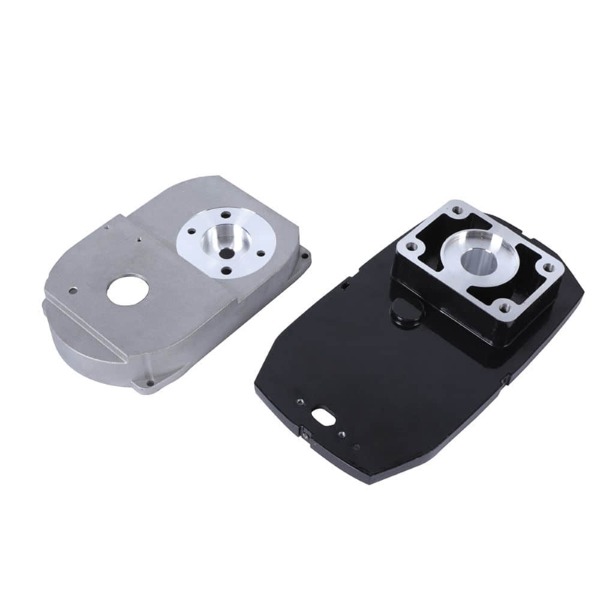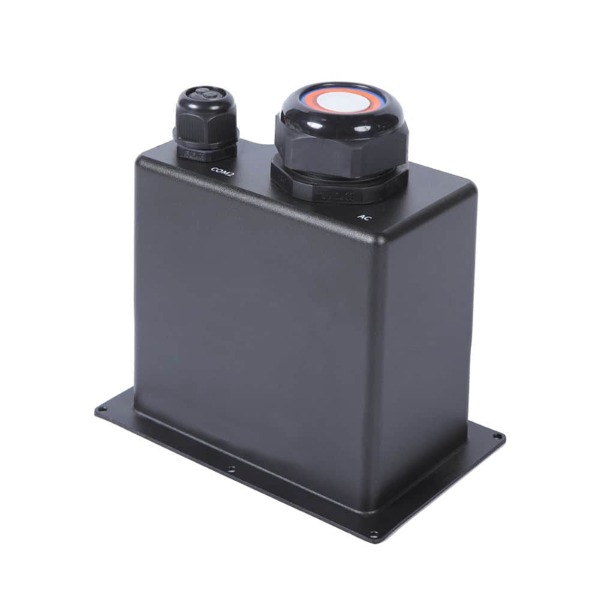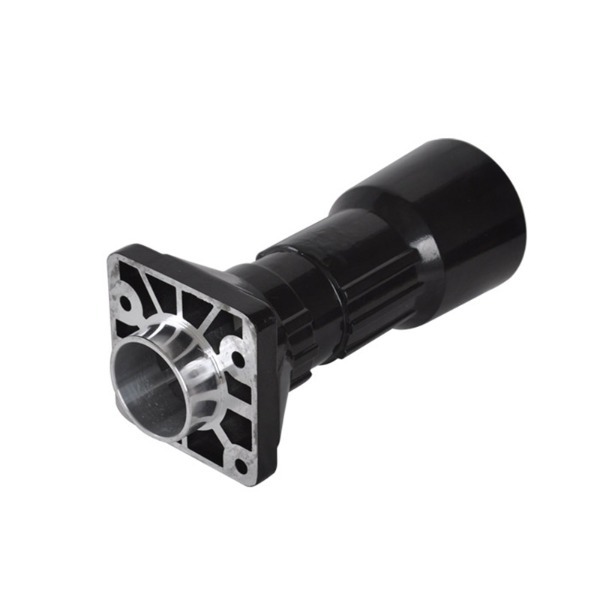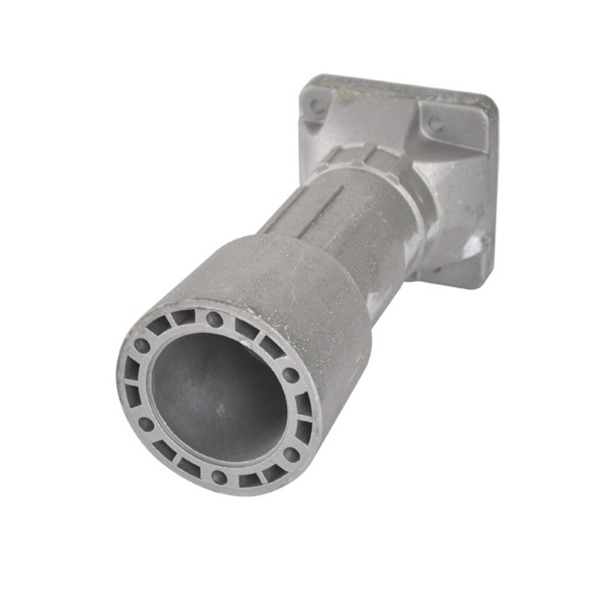Introduction:
Have you ever wondered about the unseen heroes of modern manufacturing? Behind the scenes, a remarkable innovation silently empowers countless industries - aluminum casting tools. In this article, we will delve into the world of aluminum casting tools, their essential role in the manufacturing process, and the impact they have on various sectors. Let's explore how these tools shape the world we live in.
Foundry Excellence: Aluminum casting tools are at the heart of foundry operations. They are instrumental in shaping molten aluminum into intricate and precise forms. The flexibility and high thermal conductivity of aluminum make it an ideal material for casting tools, ensuring that complex and detailed molds are created with precision.
Automotive Advancements: In the automotive industry, aluminum casting tools are responsible for crafting engine components, transmission parts, and even entire engine blocks. The lightweight and heat-resistant properties of aluminum make it an essential material for creating tools that can withstand the extreme conditions within an engine.
Aerospace Precision: When it comes to the aerospace sector, precision is paramount. Aluminum casting tools are used to manufacture components for aircraft and spacecraft, where safety and reliability are non-negotiable. These tools ensure that parts are not only lightweight but also strong enough to endure the rigors of space and the Earth's atmosphere.
Energy Efficiency: Aluminum casting tools play a significant role in energy-efficient processes. They are used in the production of components for renewable energy systems, such as wind turbines and solar panels. The lightweight yet durable nature of aluminum casting tools contributes to the efficiency and sustainability of these systems.
The Environmental Impact of Aluminum Casting Tools:
Green Manufacturing: The aluminum casting process is known for its eco-friendliness. Aluminum casting tools, through their durability and reusability, contribute to the overall sustainability of the casting process. They minimize waste and energy consumption, aligning with the principles of green manufacturing.
Recyclability: Aluminum casting tools are themselves recyclable. When they reach the end of their operational life, they can be melted down and repurposed, reducing the environmental footprint associated with tool production.
The Future of Aluminum Casting Tools:
Technological Advancements: As technology evolves, so do aluminum casting tools. The incorporation of digital design and 3D printing is revolutionizing the manufacturing process, making tools more adaptable, cost-effective, and precise.
Industry 4.0 Integration: In the era of Industry 4.0, aluminum casting tools are becoming smarter. They are equipped with sensors and data analysis capabilities, enabling real-time monitoring and adjustments for improved efficiency and quality control.
Material Innovations: Ongoing research into advanced materials is expanding the possibilities for aluminum casting tools. New alloys and composites are emerging, enhancing the tools' durability and performance.
Conclusion:
In a world where manufacturing excellence is a cornerstone of progress, aluminum casting tools are the unsung heroes that shape our modern landscape. They drive innovation in industries as diverse as foundry operations, automotive, aerospace, and renewable energy. Not only do they enable precision and efficiency, but they also contribute to environmentally friendly practices.
As we look to the future, the continued integration of technology and material innovations ensures that aluminum casting tools will remain at the forefront of manufacturing. The question we should ask is not whether we need aluminum casting tools but rather how we can further leverage their potential to shape a more efficient, sustainable, and innovative world.










